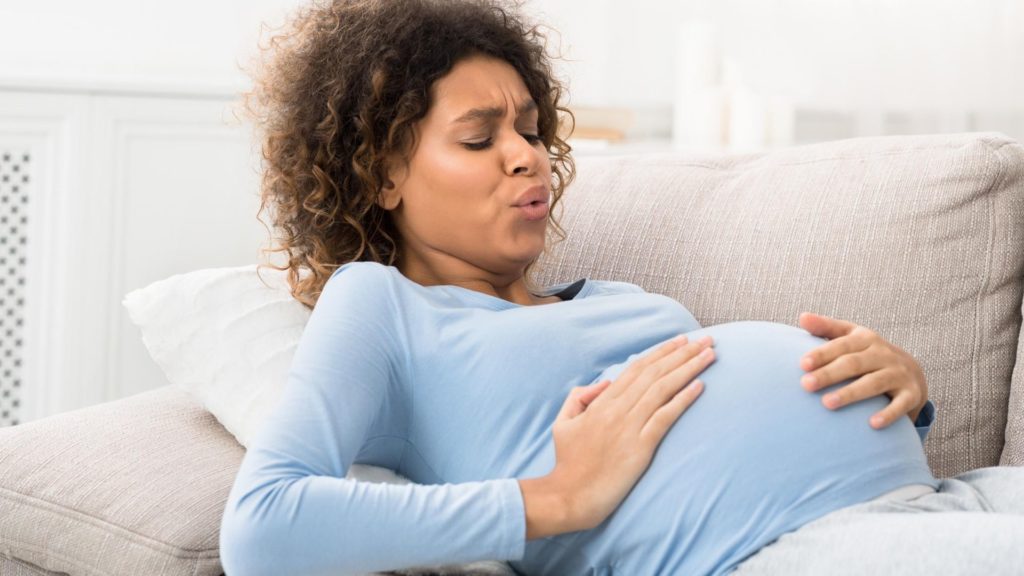How do you know when it is not Braxton Hicks and time to go to the hospital? This is my third child, both of my previous were preemies and my water did not break on them.
Braxton Hicks contractions are also known as false labor. They usually begin sometime after the 20th week of pregnancy. Sometimes they are felt earlier and are more intense in women who have had a previous pregnancy. The contractions are usually painless, but sometimes uncomfortable. They are actually a contraction of the uterine muscle and last about 30 seconds, but may last as long as a couple of minutes. Around 36 weeks or so, the contractions become more frequent. Changing your position will help stop the contractions.
So what are the symptoms of ‘real labor’? It is probably ‘real labor’ if: (1) the contractions become stronger, rather than ease up with a change in position and over time, the pain begins in the lower back and spreads to the lower abdomen, (3) the contractions become progressively more frequent and painful, (4) the contractions are accompanied by a pinkish or blood-streaked discharge, (5) or if your water breaks.
You should begin the trip to the hospital when the contractions are 5 minutes apart for a couple of hours, your water breaks, or if you begin bleeding like a menstrual period.
Since you have had two premature deliveries, you are at risk for another premature birth. Therefore, you should be a bit more cautious about labor than someone who is already full-term. For you, if there is any question in your mind, you should be evaluated to make certain that you are not in labor.
Thomas G. Stovall, M.D.
Dr. Stovall is a Clinical Professor of Obstetrics and Gynecology at the University of Tennessee Health Science Center in Memphis, Tennessee and Partner of Women’s Health Specialists, Inc.

